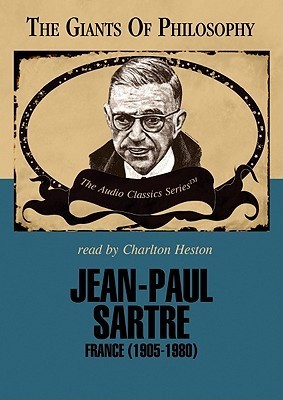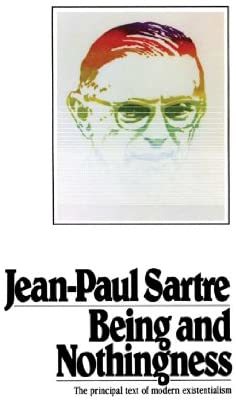Some Thoughts on Sartre
Today I finished this fairly solid intro to Sartre.

I was already semi-familiar with Sartre, having studied existentialism a bit in my postmodernist classes in college. I’m not saying I’m an expert, but I have read a few snippets of “Being and Nothingness” (about as much of that dry jargon-heavy etymology-obsessed brick of symbolic-interactionism as I could stomach) and in reading the fiction of Camus professors would usually dip into Sartre. His existentialism was also just incredibly influential on the Modernist and then postmodernist worldview, so it’s sort of impossible not to get cliffsnotes Sartre in college.

I liked that this book broke it down into how his philosophy changed over the course of his life. Particularly how he emphasized the individual in his earlier theories to the point that society and all of its pervasive influences is ignored. The individual or society is a false dichotomy because both exist inside of each other and constantly influence and interact with one another to the point that there can be no distinction. In his later theories, Sartre addresses this, saying that the individual has the responsibility to internalize the external and then re-externalize it in a better way.
The book didn’t really delve into the criticisms of Sartre or the obvious self-defeating logic holes in Sartre’s earliest theories and around the time he wrote “Being and Nothingness.”
I have to point the logic hole out:
Sartre’s existentialism is pure moral relativism. Everything is subjective, there is no inherent meaning, values are created by man and do not pre-exist man…okay. Fine. But then Sartre argues that with this incredible freedom (freedom from meaning and freedom to invent one’s own “being” as essence does not create being in the case of man) comes with responsiblity-the responsibility to live with intention and project to the world with one’s actions one’s own subjective idea of what a “good” person is.
Okay so like…let’s break this down: Everything is meaningless therefore altruism.
Huh?
My dude, how you gonna go all postmodern moral relativism and then make such a strong value judgement in favor of altruism?
This begs the question so hard it’s practically panhandling.
But eh…a lot of Sartre’s work is full of contradictions. The dude was also a pedo Communist who supported violence for the means of political change.
His own life might be a good example of why we might want to veer away from moral relativism.
I also want to say I found the snippets from Sartre’s play “No Exit” really interesting. Lots of neat ideas here about how we construct our sense of self by being observed by others. It’s like…who would we even be without the gaze of the other?
At the same time, like Sartre says, Hell is other people.



